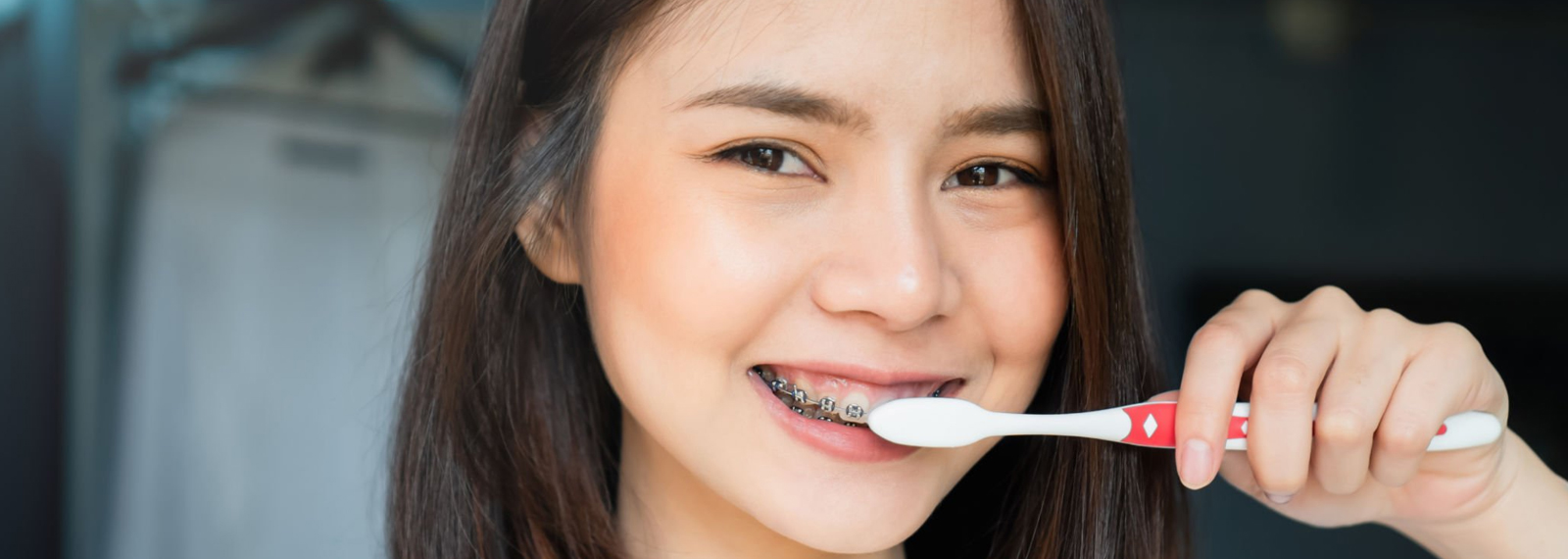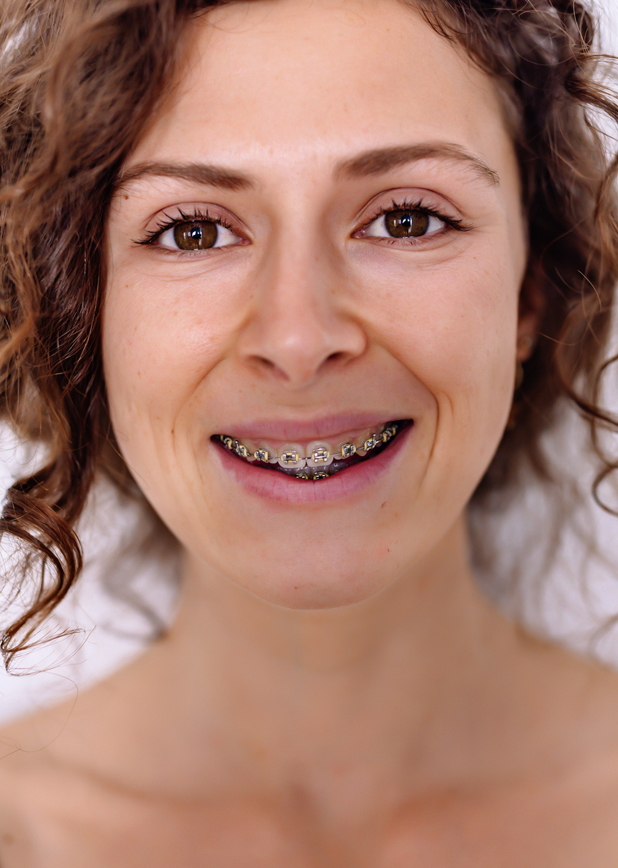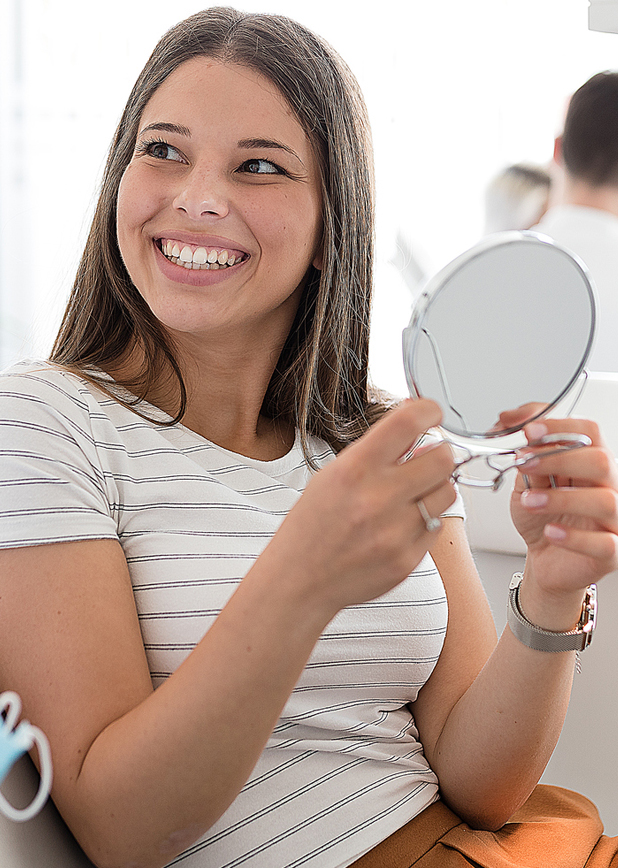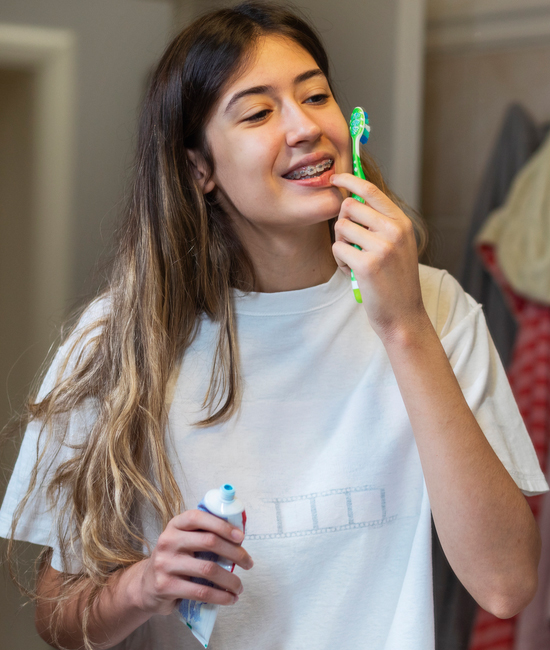Looking after your teeth during orthodontic treatment
While undergoing orthodontic treatment, maintaining good oral hygiene is even more important than usual as food can easily get trapped in your brace, which can cause decay and gum problems.
Once our experienced team have fitted your orthodontic appliance, we’ll talk you through the brushing and cleaning that is required of both your teeth and your appliance during treatment. We also have a weekly Tooth Brushing Clinic to support your dental hygiene regime.
Find out about our Tooth Brushing Clinic






